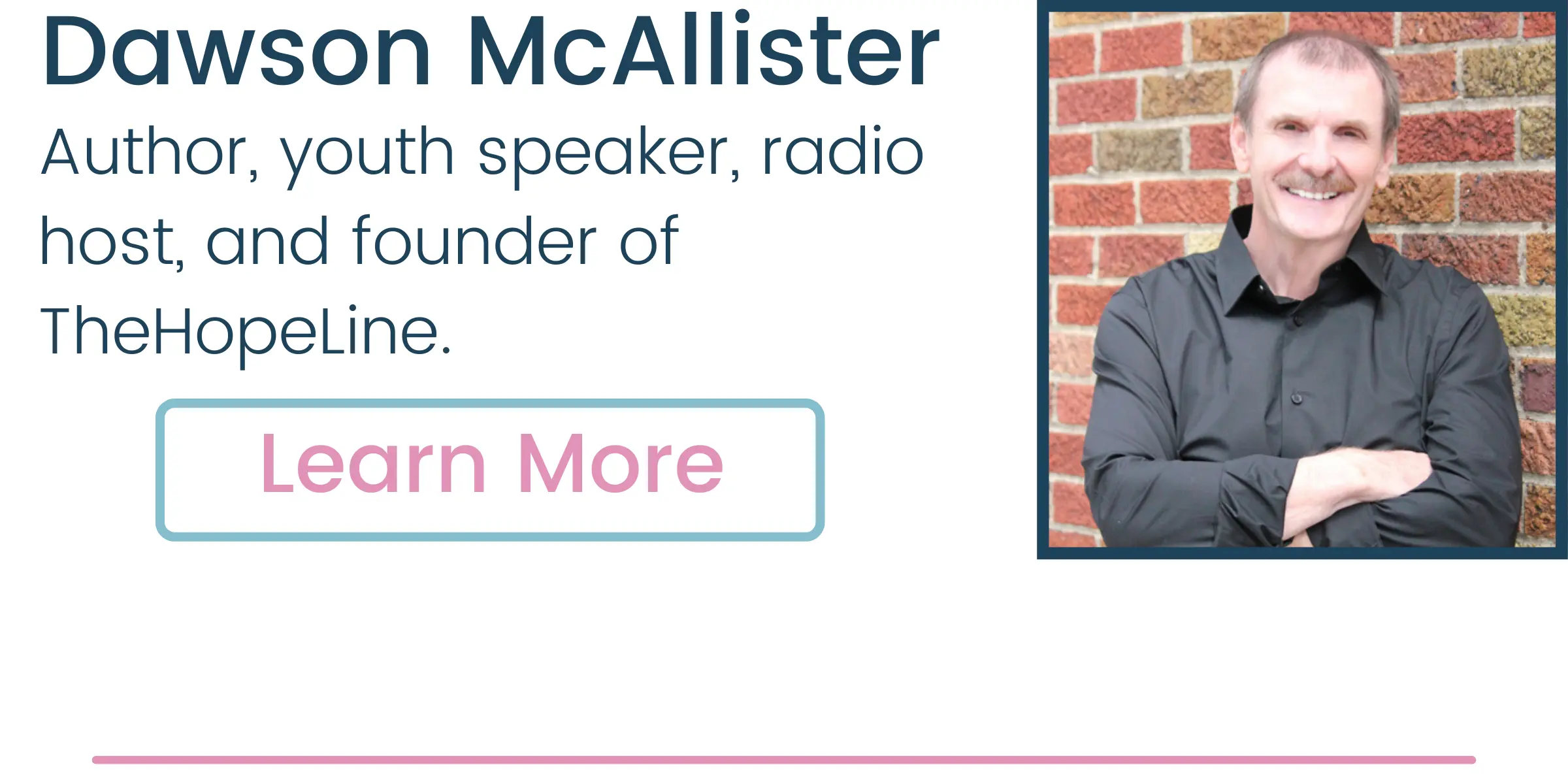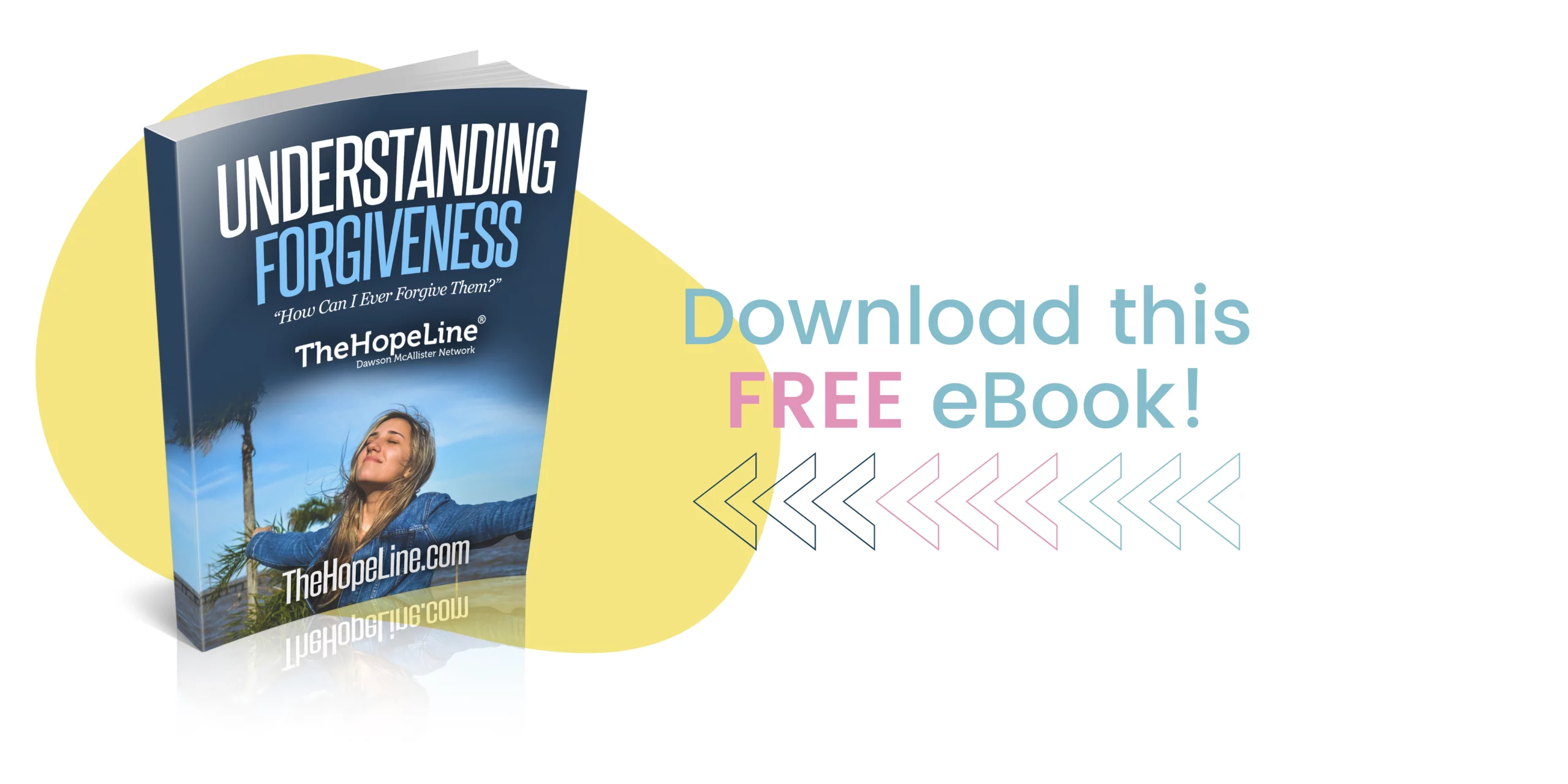Forgiveness Does Not Mean That You Have to Continue to Interact With the Individual Who Harmed You
Forgiving others who have harmed us is one of the most important things we will ever do. The happiness of our lives, or lack of it, rises and falls on whether we, by an act of our will, choose to forgive. Millions of people are wrapped up in anger, resentment and bitterness toward those who have caused them great pain. For example, one girl I talked to experienced her mother abandoning her when she was only one-year-old, simply to follow a life of drug addiction. Another guy I spoke with has a father who spends so much time at work that he doesn't know his own son, or even care to know him. The son is deeply hurt, almost paralyzed, by being ignored by his own father. I could go on and create an incredibly long list of ways we have all been hurt by someone in our lives. The fact is, we all have someone we need to forgive. We need to remind ourselves what forgiveness is… 1. Giving up your rights to get even. 2. Choosing to stop feeding the anger and resentment toward the person who hurt you but letting out your hurt in a positive way. 3. Letting all judgments toward the person who has hurt you be handled by God. 4. Actually getting to the place where you can say to the person who harmed you, I wish for you a blessing on your life. Now it is equally important to understand what forgiveness IS NOT. There are many people who refuse to forgive someone because of many popular, but FALSE ideas about what forgiveness involves. These wrong ideas, or myths, can cause a lot of confusion in our journey to be set free from our own prison of unforgiveness. So, let's examine 6 harmful myths about forgiveness. 1. To forgive is to forget. You have no doubt heard people say you need to forgive and forget. It's as though when you forgive someone, some kind of magical amnesia comes over you and you forget the horrible hurt that was brought on you. This is not true. Forgiving others does not eliminate the memory of their violating you. It is because we remember that the need for forgiveness is real. Tiffany admits she struggles with forgiveness. Even though she doesn't know it, she has a misunderstanding of what forgiveness is: "I hate it!! It's so hard to forgive when you can't forget." When you forgive someone, you're not saying that you weren't hurt or that you will forget that hurt. It did happen, but you can forgive, even if you still remember. But with forgiveness and time, that hurt will fade. 2. To forgive is to excuse or ignore the offender's actions. If you could excuse the behavior of the person who hurt you, forgiveness is not necessary. In fact, what the person who hurt you did is inexcusable. We don't excuse them for what they did, we forgive them. Usually a person who excuses, ignores, or quickly professes forgiveness to another is in denial. 3. Forgiveness will fix the relationship between you and the person who hurt you. You need to make a decision about whether to continue a relationship with the person you are forgiving, or if it would be better to maintain your distance. Just because you forgive someone, doesn't mean you have to trust that person again. Forgiveness is a gift we give to others. Trust is something that is earned. For example, if you were sexually abused, that doesn't mean you should continue to live in the same house or even have a close relationship with that person. To do so would be unwise, even dangerous. 4. To forgive, I must feel forgiving. So many of us base what we do on what we feel. We let our feelings dictate just about everything we do. That is a huge mistake. Many things we must do as an act of our will. If we act right, our feelings will follow. Forgiving someone is actually an act of the will. Forgiving is a choice you make, not a feeling you have to stir up. We forgive others not based on our feelings, but because it is the right thing to do. It carries with it tremendous consequences for good or for bad. So forgive, even if you don't feel like it. In time, you'll be so glad you did. 5. When I forgive, I only have to do it once. It is only natural to want to have some kind of emotional moment where we forgive and then everything is wonderful from that point on. This is usually not the case. I have talked with many people who, after making a genuine commitment to forgive someone, have had those same feelings of hurt, anger and resentment come over them again. Forgiving someone is a process. Forgiving and healing take time…the greater the hurt, the greater the time. As somebody once said, "When an offense from the past stings the memory again, the act of forgiveness is chosen again." Jenn wrote to me and shared her struggle with forgiveness: "I've heard people who say that sometimes you have to keep on forgiving a person. My question is are you really forgiving them then? I mean, sometimes I say yeah I forgive them, and other days it's like I'm so mad I just want to get even. It goes back and forth like that." Jenn's right in her thinking that forgiving someone isn't just a one-time occurrence. You don't need to tell the person who hurt you that you forgive them every time you feel the pain they have caused. But you do need to continually commit to forgive when those ugly, toxic emotions come back to haunt you again. 6. Forgiveness will make everything be the same again. Many people think once they forgive someone everything will be beautiful, much like it was before the other person hurt them. The truth is, even if you forgive someone, and the relationship is healing, things still will never be the same again. They may be much better, but never the same again. In fact, when you forgive someone, the other person won't always respond to you the way you want them to. But remember, forgiving others is an act of the will where we give up our rights to get even. We forgive because it's the right thing to do. In forgiving, we let God deal with the results. So to summarize, forgiving is not forgetting, avoiding, or excusing what has happened to you. You don't have to feel forgiving to forgive someone. And just because you forgive someone, it doesn't mean you won't ever get upset and have to make the choice to forgive them again. It also doesn't mean your relationship must go back the way it was before the offense. However, in spite of these things, we must forgive. No one said forgiving others is easy. It is not. But the rewards of doing so far outweigh the challenge of letting go of your desire to get even. Someone once said, "Not to forgive imprisons me in the past and locks out all potential for change. I thus yield control to another, my enemy, and doom myself to suffer the consequences of the wrong." Forgiveness has incredible power, and I want to do whatever I can to help guide you there, so you can have the joy and the peace of being a forgiving person. Rachel has experienced what it's like to be a forgiving person. "I am always good to forgive someone because if I hold a grudge, it soon devours my positive being. It is a way to feel good about someone or a situation, without resorting to vengeance or self-inflicted hurt. It is just letting your heart and mind 'get over it,' to put it frankly." The spirit of unforgiveness and bitterness toward those who have hurt us is poison to our soul and destroys any chance for a life of peace and happiness. Don't let yourself become emotionally and spiritually exhausted by refusing to forgive. What Forgiveness is Not
FORGIVENESS IS:
6 Myths about Forgiveness


Source: https://www.thehopeline.com/what-forgiveness-is-not-part-2/
Post a Comment for "Forgiveness Does Not Mean That You Have to Continue to Interact With the Individual Who Harmed You"